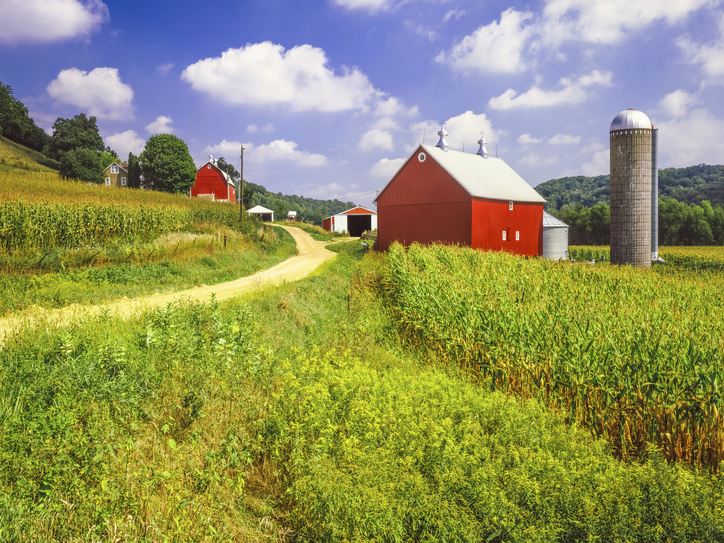Why Farms Are Essential to Our Lives
Farms are the backbone of our food system and play a vital role in our daily lives. They provide us with fresh and nutritious food, support local economies, and are essential to our environment. In this article, we'll explore the importance of farms and why they are so crucial to our well-being.
The Benefits of Farms
Fresh and Nutritious Food: Farms are responsible for producing the majority of the food we consume. Fresh fruits and vegetables, dairy products, meat, and grains are all produced on farms. Eating fresh and nutritious food from farms can help to improve our overall health and well-being.
Support for Local Economies: Farms are a vital part of local economies, providing jobs and income for farmers, farm workers, and businesses that support them. In addition, farms can also attract tourists and visitors, boosting local economies further.
Preservation of Open Spaces: Farms help to preserve open spaces and natural habitats, which is crucial for maintaining biodiversity and protecting wildlife. In addition, farms can help to reduce the risk of wildfires and other natural disasters by creating natural barriers and reducing fuel sources.
Sustainability: Many farms are adopting sustainable and environmentally friendly practices, such as crop rotation, conservation tillage, and the use of renewable energy sources. These practices help to reduce the carbon footprint of farming and protect the environment for future generations.
Challenges Facing Farms
Despite the many benefits of farms, there are also challenges that they face. Some of these challenges include:
Climate Change: Climate change is having a significant impact on farms, affecting everything from crop yields to the health of livestock. Extreme weather events, such as droughts and floods, can cause significant damage to crops and infrastructure.
Financial Pressures: Many farms face financial pressures due to rising costs and lower prices for their products. In addition, competition from large agribusinesses can make it difficult for smaller farms to compete.
Labor Shortages: Farms rely heavily on manual labor, and many are facing labor shortages due to factors such as immigration policies and the aging of the farming workforce.
Water and Soil Quality: Maintaining water and soil quality is essential for the health of crops and livestock. However, pollution and other factors can have a negative impact on water and soil quality, making it difficult for farms to operate effectively.
Farms are essential to our lives, providing us with fresh and nutritious food, supporting local economies, and helping to preserve the environment. While farms face many challenges, including climate change, financial pressures, labor shortages, and environmental concerns, they continue to play a vital role in our society. By supporting local farmers, adopting sustainable practices, and addressing the challenges facing farms, we can ensure that they continue to provide for us for generations to come.
Labels: Business, Interesting


0 Comments:
Post a Comment
Subscribe to Post Comments [Atom]
<< Home